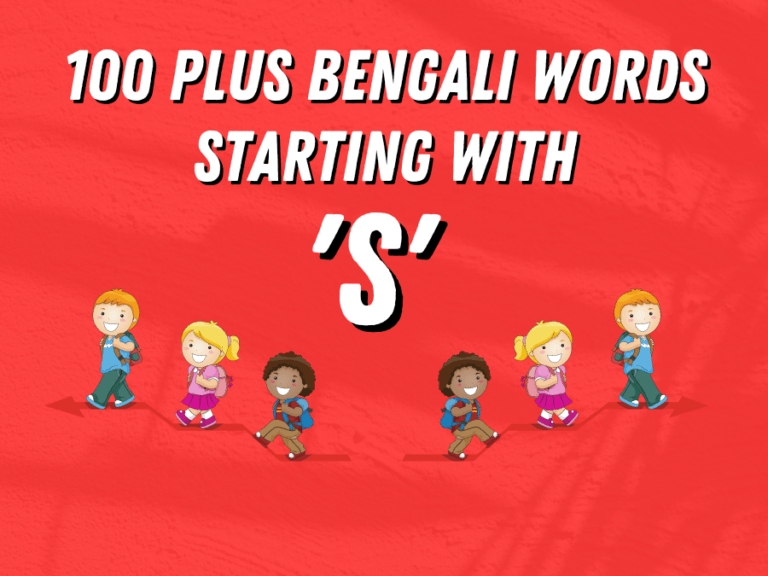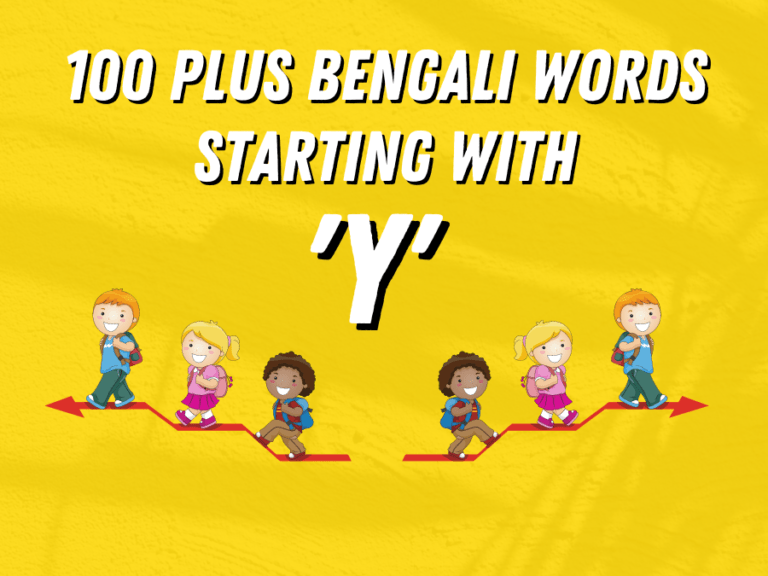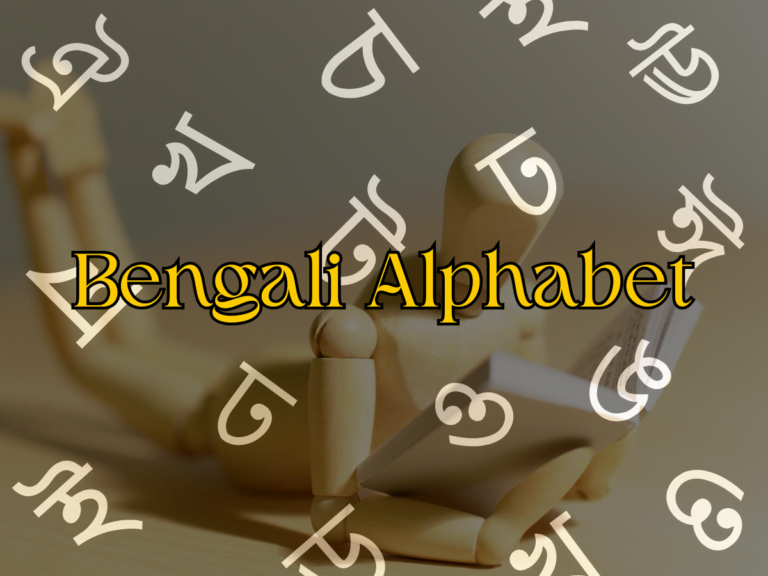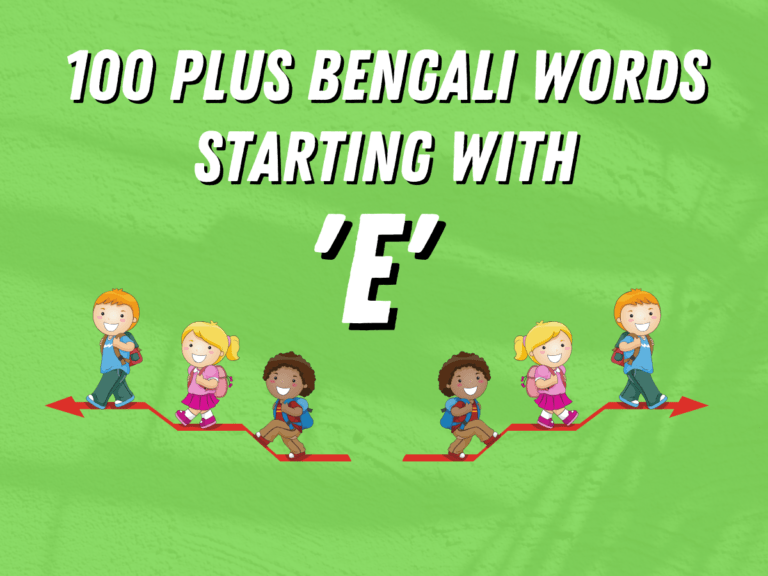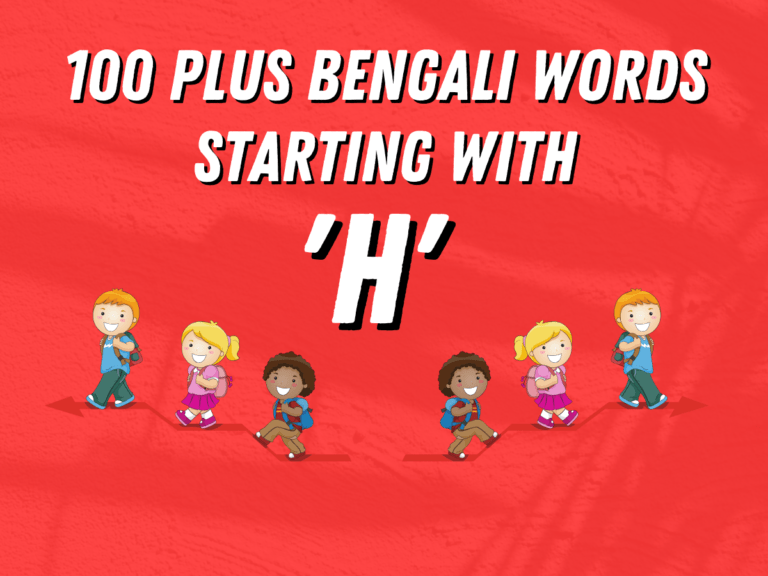Bengali Sentences For Having Casual Conversation With Friends
Friendship, the most cherished bond in our lives, sustains us. Not a day passes without talking to our friends. They’re the mischief-makers and problem-solvers, our confidants in the journey of life. We entrust them with our joy, sorrow, dilemmas, and triumphs. From cracking the silliest jokes to discussing profound topics, friends are our ultimate conversation companions. In this blog, we share Bengali sentences for friendly conversations, an ideal way to learn Bengali online. These 100+ Bengali sentences for chats with friends will foster your Bengali fluency. We’ve also provided Bengali to English translations for easy comprehension.
1.Hello, how are you?/ Hey what’s up?
 Hello, how are you?/ Hey what’s up?
Hello, how are you?/ Hey what’s up?
নমস্কার, কেমন আছেন?/ কি খবর?
Nomoskar, kemon achen / ki Khobor?
2.Dude, where were you busy?
 Dude, where were you busy?
Dude, where were you busy?
বন্ধুরা, কোথায় ব্যস্ত ছিলে?
Bondhura, kothai besto chile?
3.Come on, let’s have some fun
 Come on, let’s have some fun.
Come on, let’s have some fun.
আসুন, একটু মজা করি।
Asun, Aktu moja kori ।
4.What’s the plan for today’s party?
 What’s the plan for today’s party?
What’s the plan for today’s party?
আজকের পার্টির পরিকল্পনা কি?
Ajker partyer porikolpona ki?
5.Brother, when will you give me a treat?
 Brother, when will you give me a treat?
Brother, when will you give me a treat?
ভাই, কবে আমাকে ট্রিট দিবে?
Bhai, kobe amake treat dibe?
6.Dude, did you watch the new episode of Game of Thrones?
 Dude, did you watch the new episode of Game of Thrones?
Dude, did you watch the new episode of Game of Thrones?
বন্ধু, আপনি কি গেম অফ থ্রোনসের নতুন পর্ব দেখেছো?
Bondhu, apni ki Game of Thronser notun porbo dekhecho?
7.How is the new restaurant? Let’s go once.

How is the new restaurant? Let’s go once.
নতুন রেস্টুরেন্ট কেমন? চলো একবার যাই।
Notun restaurant kemon? Cholo akber jai।
8.Bro, how is your girlfriend?
 Bro, how is your girlfriend?
Bro, how is your girlfriend?
ভাই, তোমার বান্ধবী কেমন আছে?
Bhai, tomar bandhobi kemon ache?
9.There is a lot of tension, I don’t know what to do.

There is a lot of tension, I don’t know what to do.
অনেক চিন্তা হচ্ছে, কি করব বুঝতে পারছি না।
Onek chinta hochee, ki korbo bujhte parchina।
10.What’s the scene of college today, should we bunk?

What’s the scene of college today, should we bunk?
আজ কলেজের দৃশ্য কি, আমাদের বাঙ্ক (পলায়ন) করা উচিত?
Aj colleger dirsho ki, amader bunk (polayon) kora uchit?
11.Today new movie has been released, would you like to watch it with me?

Today new movie has been released, would you like to watch it with me?
আজ নতুন সিনেমা রিলিজ হয়েছে, আপনি কি আমার সাথে দেখতে চান?
Aj notun chinema released Hoyeche, apni ki amar sathe dekhte chan?
Brother, what do you say, who will win the 20-20 cricket match?
ভাই, আপনি কি বলেন, 20-20 ক্রিকেট ম্যাচে কে জিতবে?
Bhai, apni ki bolen, 20-20 cricket matche ke jeetbe?
I am going to join the gym tomorrow, you also come.
আমি আগামীকাল জিমে যোগ দিতে যাচ্ছি, আপনিও আসুন।
Ami agamikal gymme jog dite jarchi, apnio asun।
what’s going on between you and that girl?
তোমার আর ওই মেয়েটার মধ্যে কি হচ্ছে?
Tomar ar oi mayeter modhee ki hochee?
Today new movie has been released, would you like to watch it with me? আজ নতুন সিনেমা রিলিজ হয়েছে, আপনি কি আমার সাথে দেখতে চান? Aj notun chinema released Hoyeche, apni ki amar sathe dekhte chan? Bengali is a language that can be spoken in various ways depending on the location. বাংলা এমন একটি ভাষা যা অবস্থানের উপর নির্ভর করে বিভিন্ন উপায়ে বলা যায়। Bangla emon akti bhasha ja obosthaner upor nirvor kore bibhirnno upaye bola jaai। It's not uncommon to hear the same sentence pronounced differently in different places. একই বাক্য বিভিন্ন জায়গায় ভিন্নভাবে উচ্চারিত হওয়া অস্বাভাবিক নয়। Aki bakko bibhirnno jaigai bhirnnobhabe uchaarito howa osabhabik noy। Moreover, a word in Bengali can have two different pronunciations. তাছাড়া বাংলায় একটি শব্দের দুটি ভিন্ন উচ্চারণ থাকতে পারে। Tachara banglai ekti sobder duti bhirnno uchaaron thakte pare। যেমন- Jemon- ( for example ) আমি গতকাল গিয়েছিলাম, ( Ami Gotokal Giyechilam ) আমি কালকে গিয়েছিলাম, ( Ami kalke Giyechilam ) This sentence is called in English ( I want yesterday ) The sentance are the same but the sentace are different. The same word can be said in two ways. বাক্য একই কিন্তু বাক্য ভিন্ন। একই কথা দুইভাবে বলা যায়। Bakko eki kintu bakko bhirnno। aki kotha dubhabe bola jai। Our team Learn Bengali Now has written these posts in their own language, আমাদের টিম “বাংলা শিখুন এখন” এই পোস্টগুলি তাদের নিজস্ব ভাষায় লিখেছেন, amader team “Bangla Sikhun Akhon” ai postguli tader nijoshro bhasai likhechen, There may be some mistakes in this because Bengali language can be spoken in many ways. এতে কিছু ভুল থাকতে পারে কারণ বাংলা ভাষা নানাভাবে বলা যায়। ate kichu bhul thakte pare karon bangla bhasha nananbhabe bola jai।


